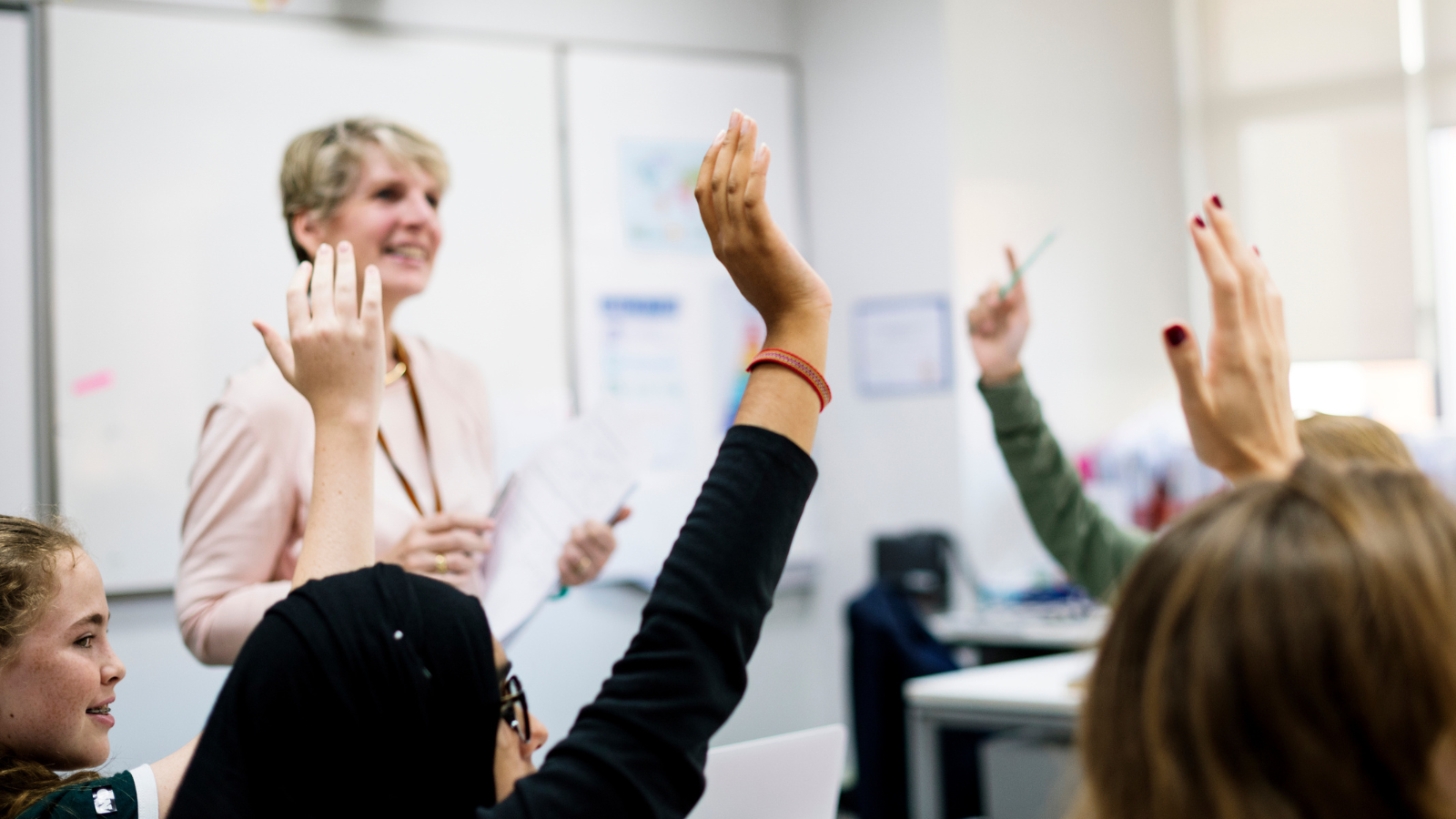
Research Associate Hayley Reed explores co-production in a school setting

What is the issue?
Attempts to change young people’s health through schools has relied on running standard programmes with the same activities delivered in each school. These programmes have had challenges because they have been developed using researcher ideas of how to change health and are not flexible to the needs of individual schools.
Due to these challenges, there has been a drive to develop programmes through co-producing them with school stakeholders (students, teachers, and senior managers) . This means those in the school are responsible for making decisions about what health problems should be targeted (problem-setting) and how they can be changed (problem-solving). This has resulted in a rise in the number and types of school co-production programmes and there is some early promising evidence they can positively change student health.
What is the research?
As there was uncertainty about the different types of co-produced programmes used in schools and what stakeholders thought about them, the first part of this PhD focused on reviewing what was already done. I searched for all the published research articles and reports where school programmes involved students (at a minimum) in problem-setting and solving. Starting with 37,976 possible publications, they were checked against the criteria resulting in 30 papers about 22 different studies which used co-production with school students. Within this set of papers, 23 of them based on 18 studies had information about stakeholder experiences of taking part in co-production.
What are the different types of co-production used in schools to change health?
After analysing the papers, it was clear there were three different types of co-production already used.
The first was termed External Capacity Building as it involved a researcher/practitioner developing their knowledge of an involvement framework and running it with school stakeholders so they could problem set and solve.
The second was called Individual-level Capacity-Building which focused on school staff or youth workers training students as researchers so they could research what the health problems were in the school and suggest changes.
The last type was called System-level Capacity Building as it involved establishing Research Action Groups of students, staff and even parents or community members. The groups were supported by an external facilitator and data already collected about the health of the school’s students to decide on health priorities and their solutions.
Even though there were different types, there were some similarities in the processes used. As shown above, each type involved some capacity building to upskill or increase knowledge before problem-setting and solving. Also, many studies went through the processes of recruitment to engage stakeholders, and some studies used group development tasks to develop group cohesion. Lastly, there were processes in most studies so the school decision-makers could decide on whether they could adopt and implement the solutions which had been recommended. However, only a few studies evaluated if these programmes led to changes in student knowledge or health.
What did stakeholders think about co-production?
Whose perspective was reported varied, with students’, teachers’, youth workers’/external facilitators’, Senior Management Team members’ and researchers’ perspectives all featuring in papers.
Overall, all those involved in all co-production types were happy with their involvement and welcomed the chance to be involved in school decision-making about health. There were differences in how easy it was to run co-production in different school contexts though. For example, how easy it was to fit a research curriculum into teaching time and resources, or how easy it was to recruit those outside of the school to Research Action Groups. These areas need to be thought about by researchers before running a co-production programme in future.
The main issue centred around how much freedom students had to choose during problem-setting and solving processes. It was found their ideas were constrained subtly, as facilitators steered students to more realistic ideas, and transparently, when school decision-makers refused to adopt student ideas. Data on this was sparse though so a further focus on this would help to understand this more.
What’s next?
This review was undertaken as part of a PhD project which has since developed Research Action Groups (System-level Capacity Building type) in two schools and evaluated their progress. These groups drew on data from a photography project run in the schools by the PhD researcher, and the schools individualised Student Health and Wellbeing Report developed through learner responses to the School Health Research Network (SHRN) survey. This evaluation, in part, is focusing on the gaps found in the review to understand how decision making is limited and how different school contexts may help or hinder the running of co-production.
You may be interested to read the full paper: Reed, H.et al. 2020. Co-production as an emerging methodology for developing school-based health interventions with students aged 11-16: Systematic review of intervention types, theories and processes and thematic synthesis of stakeholders’ experiences. Prevention Science (10.1007/s11121-020-01182-8)
Funding
The PhD is funded by the ESRC (Economic and Social Research Council) Wales Doctoral Training Partnership.
Support
The review was supported by DECIPHer, funded by Welsh Government through Health and Care Research Wales. The evaluation was supported by the School Health Research Network (SHRN).
Hayley’s presentation Co-production as an emerging methodology for developing school-based health interventions with students aged 11-16: A systematic review and thematic synthesis can be downloaded here. It was presented at the Public Health Wales Conference in September 2021.